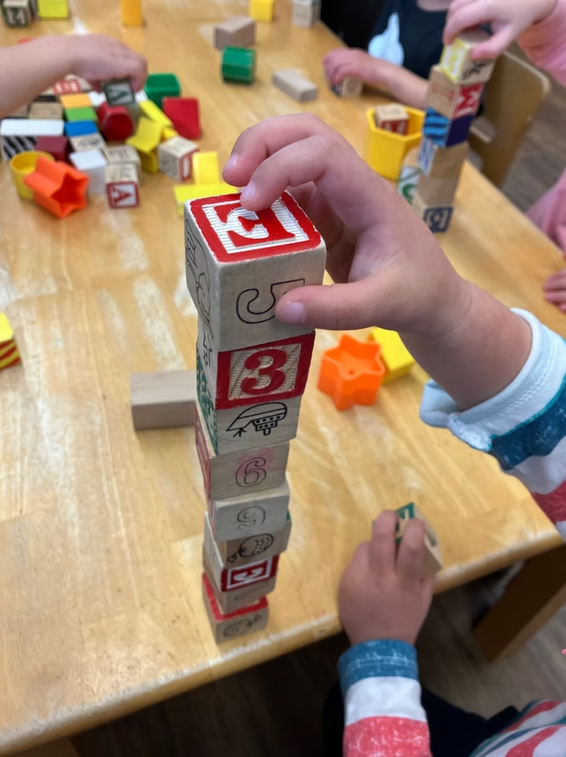Nurturing Bright Beginnings
Engaging early education programs inspired by the Reggio Emilia approach, led by caring and experienced teachers who nurture each child’s curiosity and growth.
The Land Park Infant Center & Preschool
Childcare from 6 months to 6 years old

Sweet Peas
Classroom
Ages 0 - 1 years
Play based curriculum

Ladybug & Grasshopper Classroom
Ages 1 - 2 years
Play based curriculum

Bumblebees
Classroom
Ages 2 - 3 years
Reggio Emilia Approach

Caterpillar
Classroom
Ages 3 - 4 years
Reggio Emilia Approach

Butterfly
Classroom
Ages 4 - 5 years
Reggio Emilia Approach
A Calm and Nurturing Place for Growth
At Land Park Infant Center & Preschool, we believe early learning flourishes in a peaceful, natural environment. Inspired by the Reggio Emilia approach, our classrooms invite curiosity through organic materials, gentle colors, and meaningful exploration.
Families in our community value thoughtful care, authentic experiences, and genuine connection. Every corner of our center reflects that, from our nutritious organic meals to our calm, home-like spaces designed to support each child’s emotional, intellectual, and social development.
Our teachers guide children through discovery and creativity, helping them grow with confidence and joy every day.

MORE THAN JUST A CHILDCARE
Land Park Infant Center & Preschool is where curiosity blossoms, friendships grow, and every day brings new opportunities for children to explore, learn, and thrive.
We have fun everyday!
What Our Parents Say
"My 3-year-old started at Land Park Infant Center & Preschool a few weeks ago, and she has been doing so well! The teachers are patient, kind, and always communicative. The entire staff and director are welcoming, professional, and attentive to every child’s needs. From our very first tour, my daughter felt comfortable and excited to be here, which made our decision easy. We’re so thankful to have found such a nurturing and high-quality environment for her first school experience!"

"Our experience at Land Park Infant Center & Preschool has been wonderful. From the moment we walked in, we felt a sense of warmth and care. The environment is calm, clean, and thoughtfully designed to help children learn and grow. Our child looks forward to going every day and comes home happy and excited to share what they’ve learned. The communication from the school is excellent, and it’s clear they truly value each child’s individual development. We couldn’t be happier with our choice!"

Location: 5250 Riverside Blvd, Sacramento, CA 95822
Call 916-713-3775
